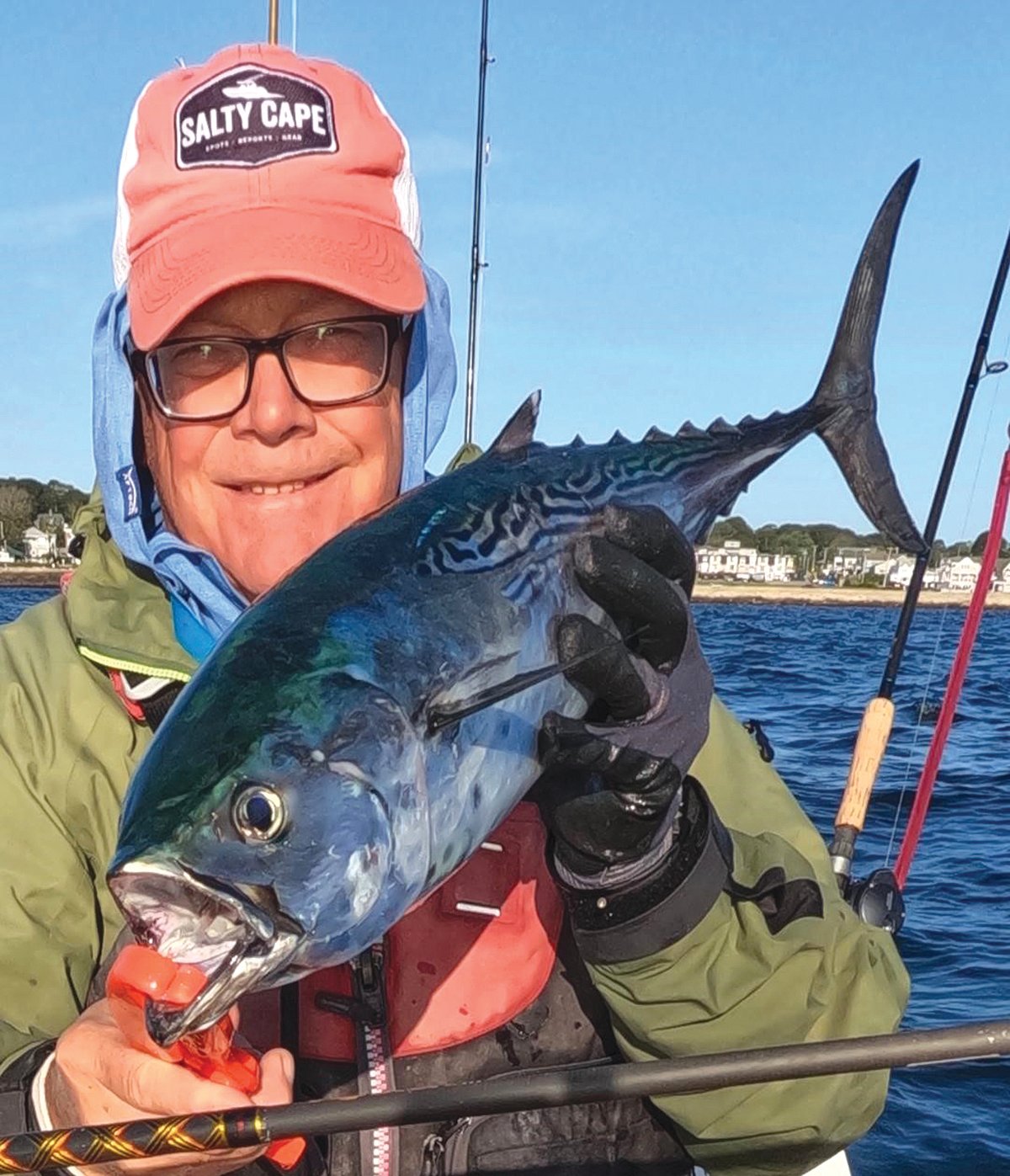North Atlantic right whales still endangered
NOAA Fisheries has released their five-year review of the endangered North Atlantic right whales at North Atlantic Right Whale 5-Year Review | NOAA Fisheries . The report finds the population is continuing to decline and has not met many of the recovery criteria outlined in the North Atlantic Right Whale Recovery Plan. Based on the results of this review, NOAA Fisheries concludes the species should remain listed as endangered.
Under the Endangered Species Act, NOAA Fisheries is required to conduct a review of listed species at least once every five years to ensure that listing classifications of species are accurate. The review considered peer-reviewed literature, published reports, public comments, and new information that has become available since the release of the last 5-year review in 2017.
NOAA will continue to work with its partners to implement the actions called for in the Recovery Plan and Priority Action Plan to recover this endangered species. Progress on all ongoing work across the agency and in collaboration with partners and stakeholders to conserve and rebuild the population are tracked and communicated via the “North Atlantic Right Whale Road to Recovery” and “Recovering Threatened and Endangered Species Reports to Congress.”
Right whales in trouble
As noted above, the North Atlantic right whales are protected under the U.S. Endangered Species Act and the Marine Mammal Protection Act. Scientists estimate there are fewer than 350 individuals remaining, making them one of the rarest marine mammals in the world.
According to NOAA Fisheries, the right whale got its name because it was the right whale to hunt— it moved slowly and would float after being killed.
Cape Cod Bay Seasonal Management Area in effect Jan. 1-May 15, 2023
NOAA Fisheries announced the annual opening of a Seasonal Management Area (SMA) in Cape Cod Bay to protect North Atlantic right whales starting on Jan. 1, 2023. All vessels 65 feet or longer must travel at 10 knots or less in this area to reduce the threat of vessel collisions with these endangered whales. The Cape Cod Bay SMA is in effect through May 15, 2023.
Because vessels of all sizes can strike and injure a right whale, NOAA Fisheries also encourages vessels less than 65 feet in length to slow down to 10 knots or less within active SMAs.
Details and graphics of all ship strike zones in effect
New Right Whale Slow Zone South of Nantucket, MA - Effective through Jan. 13
On Dec. 29, 2022, Protected Species Observers aboard a wind farm vessel detected the presence of right whales 33 nm south of Nantucket. Mariners are requested to route around the areas or transit through these areas at 10 knots or less. The right whale Slow Zone is in effect through Jan. 13, 2023.
Fly-tying class at the Saltwater Edge
Catching a striper on a fly you tied is undoubtedly one of the most rewarding experiences that saltwater fly-fishing can offer. The Saltwater Edge, Middletown, R.I., is offering a Beginner Saltwater Fly-Tying Class taught by professional fly-tier Steve Cook. Cook is a great teacher of material management and the tying techniques needed to produce consistent and durable flies.
The course is being offered a second time on Feb. 4, from 9:30 a.m.to 12:30 p.m. Cost is $75. To register, visit the fly fishing page at www.saltwateredge.com .
The course is designed to cover general terminology, tools and management of common saltwater fly-tying materials. Upon completing the class, you will be familiar with tying fundamentals and be able to tie three proven fly patterns that are ready to fish and effective in local waters. The course is open to all ages, however children under the age of 16 must be accompanied by an adult.
$56,000 awarded for recreational access projects in Mass.
$56,000 has been awarded in Massachusetts state grant funds to the Towns of Barnstable and Cohasset and the City of Newburyport for saltwater fishing access projects popular with the recreational fishing community.
The access funds, which were awarded by the Department of Fish and Game’s (DFG) Division of Marine Fisheries (DMF), are provided through the collection of revenue from the sale of saltwater fishing permits, a portion of which fund construction and improvements to public access facilities in Massachusetts coastal communities.
Where’s the bite
Saltwater and freshwater licenses: Anglers are reminded to renew their licenses for salt and fresh water for 2023. Saltwater licenses renew annually on Jan. 1 in coastal states, and most coastal states have license reciprocity. For example, if you have a Rhode Island license you can fish in New York, Connecticut, Massachusetts and Maine. For freshwater licensing information and a list of trout stocked ponds in Rhode Island visit www.dem.ri.gov/natural-resources-bureau/fish-wildlife/freshwater-fishing/freshwater-fishing-faqs; and in Massachusetts visit www.mass.gov/freshwater-fishing-information .
Striped bass
Striped bass fishing in our salt ponds and estuaries is improving with recent warming trends. Anglers (including me) fishing the mouth of the Narrow River found striped bass starting to move to the upper reaches of the River rather than the mouth. Salt ponds are yielding holdover fish for anglers, too.
Cod, tautog and black sea bass
Tautog and black sea bass seasons have ended. However, cod fishing south of Cape Cod is still open. Party boats fishing for cod this winter include the Frances Fleet at www.francesfleet.com and the Island Current at www.islandcurrent.com.
Dave Monti holds a captain’s master license and charter fishing license. Forward fishing news and photos to dmontifish@verison.net or visit www.noflukefishing.com.






